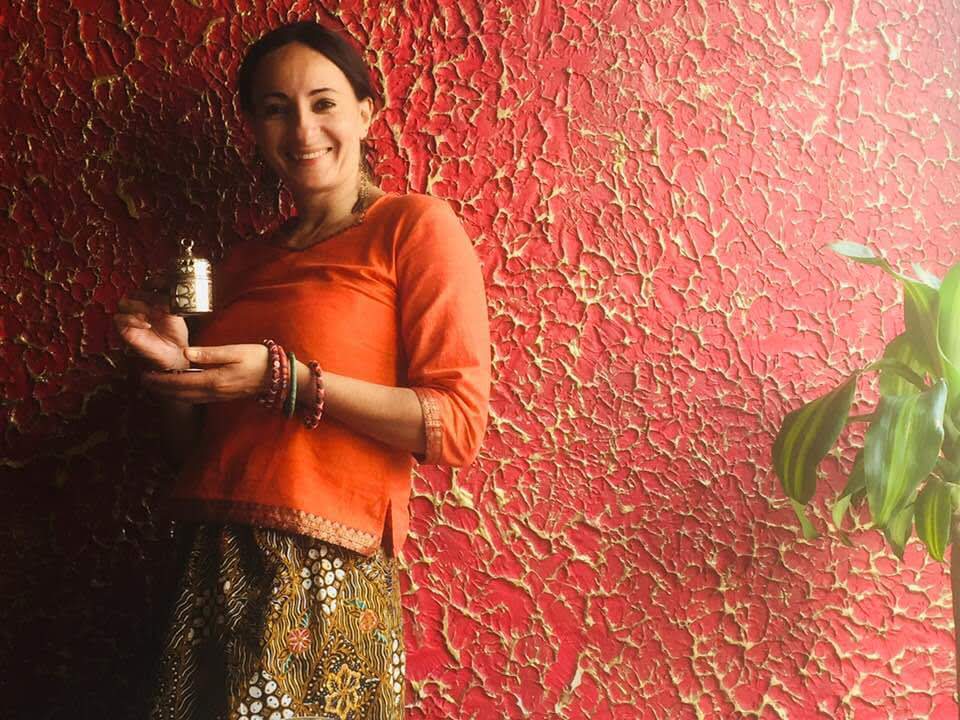Erminia Colucci
VISITOR’S VOICE
Interview with Erminia Colucci »
Visual Psychology, Cultural and Global Mental Health
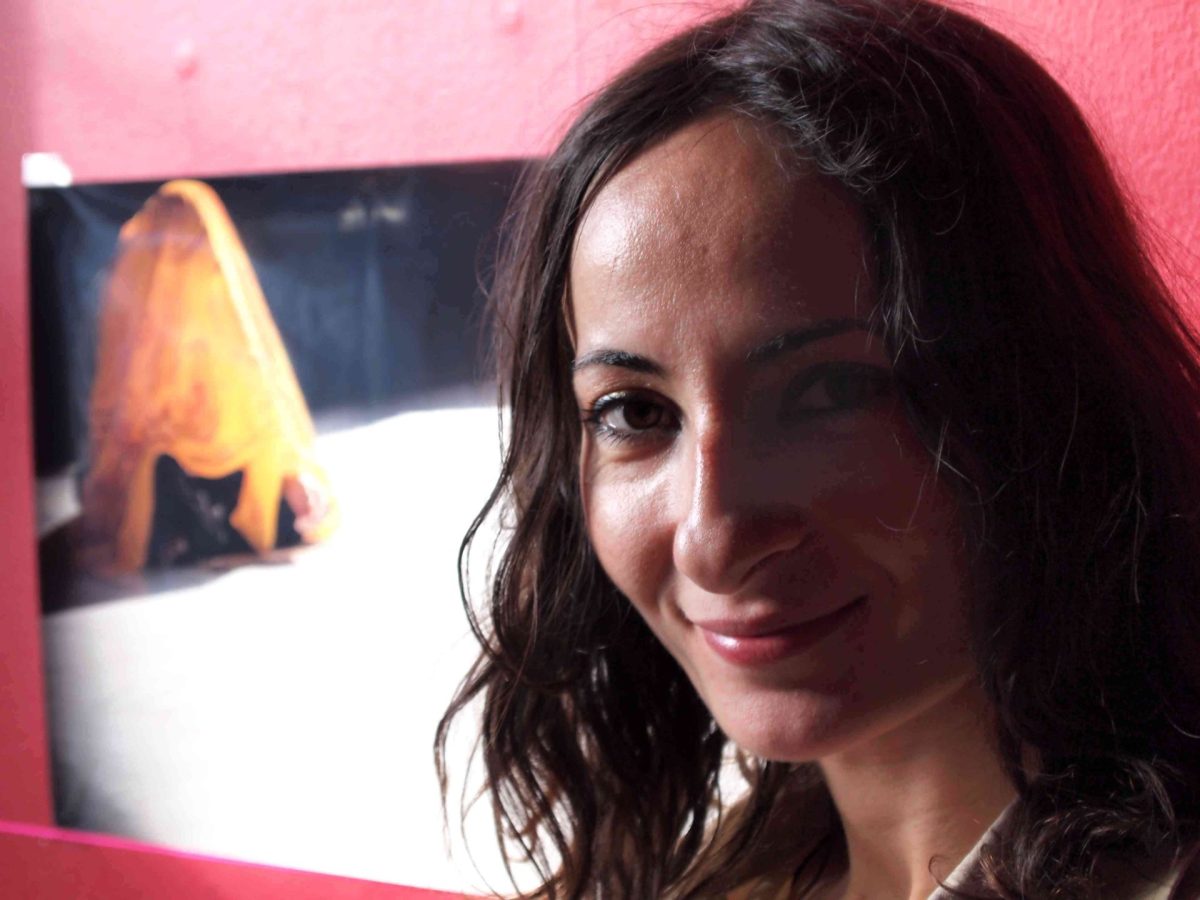
What are your favorite things?
Discovery
While I love my native country (Italy), I also love discovering new places and ways of living. This is so important to me that I did my PhD in Cultural Psychiatry and became a Professor in Cultural and Global Mental Health.
Spiritual practices
I believe that practices such as meditation (zazen and walking meditation in particular), yoga, and pranayama help me in my continuing growth and self-exploration.
Nature
I love nature, in all its expressions, from animals, insects (yes, I also like insects), trees, and flowers to mountains and seas. Being in nature and living in balance with and respect of nature makes me feel part of this beautiful planet!
Interview
Arts-based and Visual Research for Mental Health and Suicide Prevention Advocacy
01
Please tell us about your research.
My main areas of research are human rights and mental health, suicide and suicide prevention, domestic violence against women and children, spirituality and faith-based/traditional healing, and first-hand stories of people with lived experience of ‘mental illness’ and suicidal behavior. I became passionate about suicide prevention when I realized that although suicide impacts so many people around the world, it is still a taboo and under-researched issue. I look at suicide from a socio-cultural and political context, not just as a psychological or bio-medical issue, thus I also became a passionate about human rights and social justice, particularly in Indonesia and India (where I have done fieldwork for my PhD and MPhil) and among migrant and refugee/displaced populations.
02
Do you have any must-have gear for field research and writing?
I am passionate about using arts-based and visual methodologies, particularly photography and ethnographic film-documentary and participatory visual methods, in research, teaching and advocacy/activism activities (see Movie-ment). So, when I do fieldwork, I always also have my cameras and microphones with me. I generally carry compact gear, as I work in remote areas and often have to move by scooter or walking.
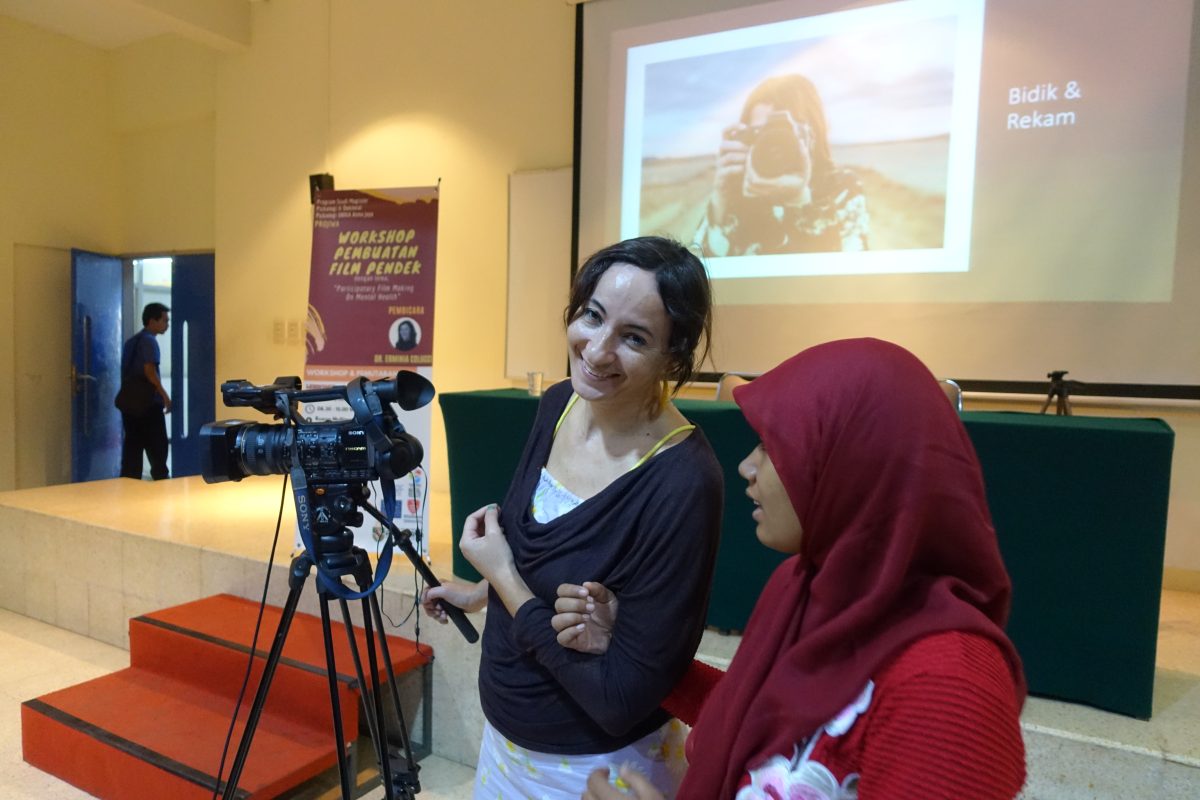
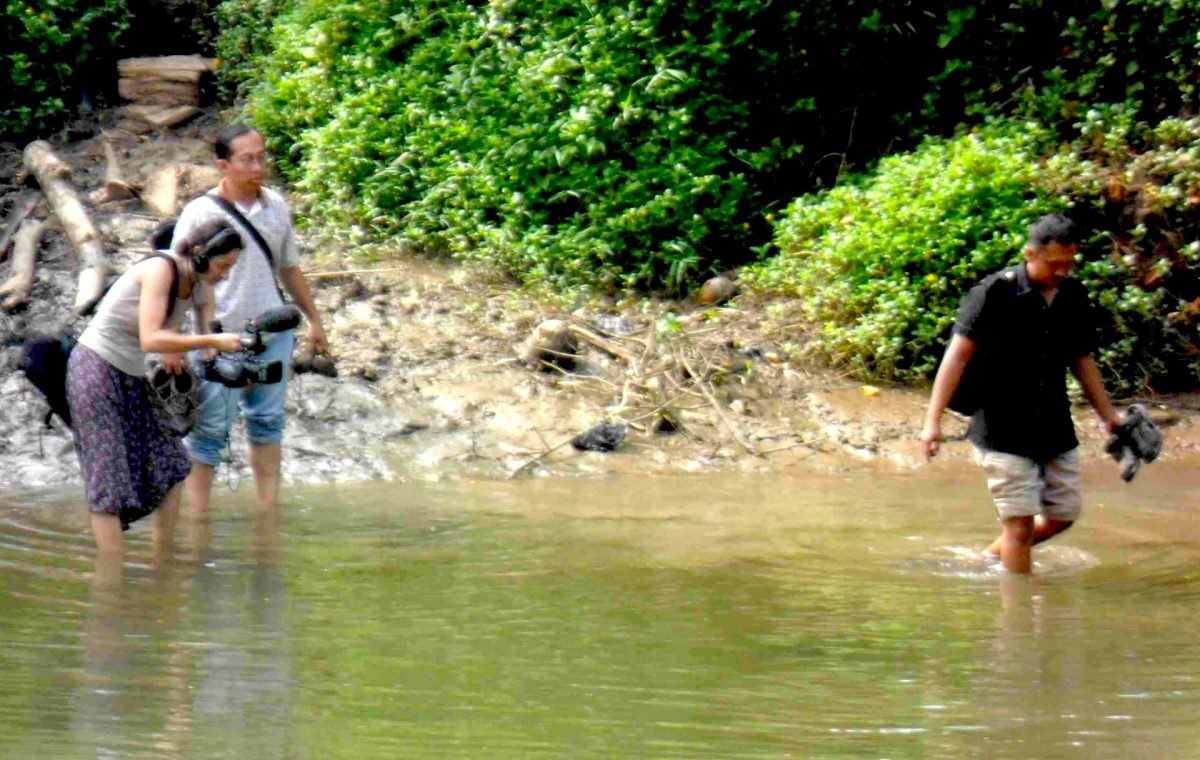
03
What is your ideal image of a researcher, and do you have any advice for those who aim to become researchers?
I have seen too many colleagues and academic friends having heart attacks or burning out, so my main advice to all academics is not to be proud of working over holidays and weekends, not to wait for retirement to take on hobbies. Rather, live and enjoy life while you have this incredible gift! You can become an influential academic, and, I believe, an even better humanities and social sciences scholar, if you live in the world rather than outside of it.
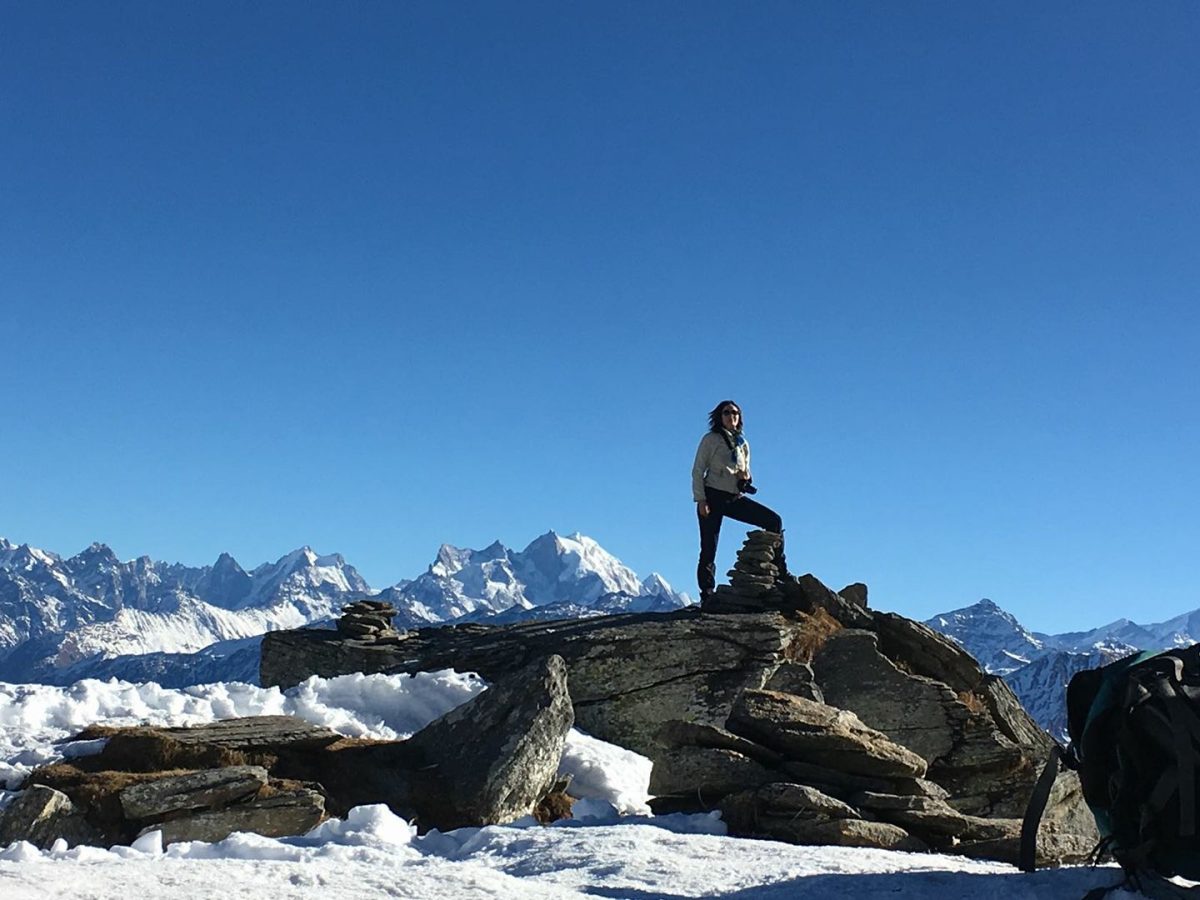
04
What are your future ambitions as a scholar?
I became an academic because I wanted to make a positive change in the world and help to save and improve lives of those suffering from mental illness, human rights abuses, and/or suicidal intentions. Now that I have done research for many years, my main ambition is to use all I have learned to train others, both in using arts-based and visual research methods (which can be more impactful than other more traditional research methods) as well as on topics I am passionate about, such as suicide and domestic violence prevention and human rights and refugee/displacement related issues. I want to see future generations of researchers and teachers engaging in academia as an activist choice rather than because of personal ambitions.
05
Why do you choose CSEAS, or what is your expectation here?
I worked extensively in Indonesia and the Philippines, but I was pleased to see CSEAS researchers also work in other parts of Asia. ‘Asia’ is where my soul belongs to, so I am thrilled to be part of this stimulating environment to expand my research interests and collaborations, albeit only for 3 months. I already hope to return, and next time for the 6-month fellowship, as I am loving my time at CSEAS!
(January 2024)
Erminia Colucci has a background in Cultural Psychiatry (PhD), Visual Anthropology (MPhil), Education (PGCert), Data Analysis (PGDip) and Cultural and Community Psychology (BSc and Hons). Her main area of research are human rights and mental health, suicide and suicide prevention, domestic violence against women and children, spirituality and faith-based/traditional healing, and first-hand stories of people with lived-experience of ‘mental illness’ and suicidal behaviour, with a focus on low-middle income countries and ethnic minorities and refugee populations. Erminia is passionate about using arts-based and visual methodologies, particularly photography and ethnographic film-documentary and participatory visual methods, in her research, teaching and advocacy activities. Erminia is the founder of Movie-ment, Aperture – the first Asia-Pacific ethnographic documentary festival – and Co-chair of the World Association of Cultural Psychiatry SIG on Arts, Mental Health and Human Rights. Erminia is a Visiting Research Scholar of CSEAS from January to April 2024.
Visitor’s Voiceのインタビューをお読みくださり、ありがとうございました。
ぜひ感想をお聞かせください。
